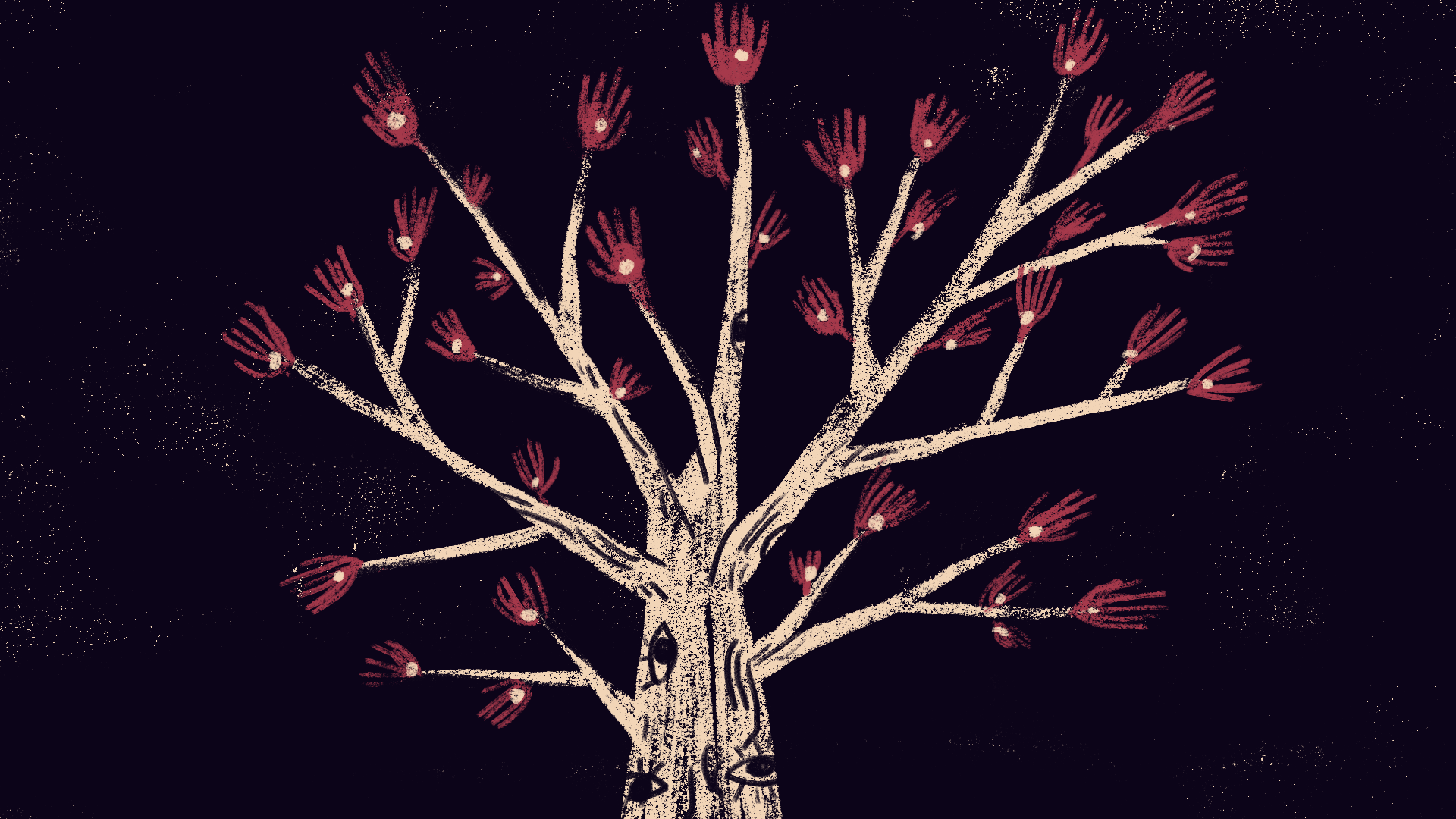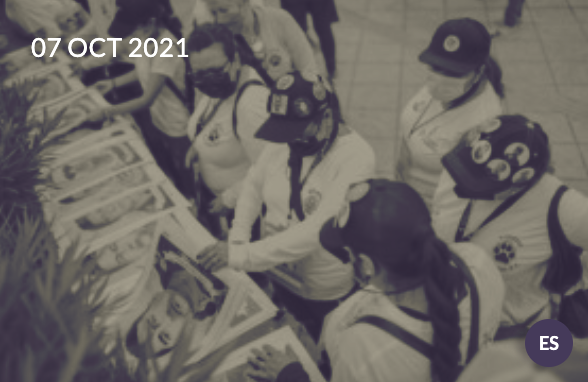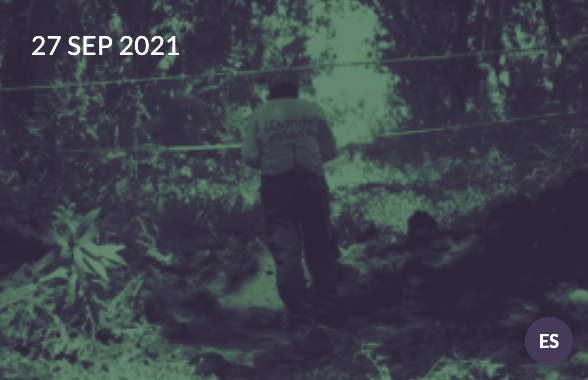Enforced disappearances
More than a human rights violation

Hundreds of thousands of people are missing as a result of conflict, environmental disasters, human trafficking and organized crime.
Women who travel to other countries in search of work opportunities vanish without a trace, becoming victims of human trafficking.
Journalists, activists and whistle-blowers who dare to speak the truth about political, economic and criminal elites also disappear, forced into silence.
Mothers seeking their loved ones are victims of attacks and violence.
On the International Day of the Victims of Enforced Disappearances, we remember the victims of disappearances in connection to organized crime.


Enforced disappearances are often associated with political conflict or guerrilla warfare, understood mainly as a human rights issue.
But the United Nations has called it 'more than a human rights violation against an individual', and the reality of contemporary conflicts and the role of organized criminal groups in such settings do not neatly fit the definition of enforced disappearances.
Disappearances by organized crime are a pervasive global issue. In countries all over the world, children, parents, partners and siblings disappear, leaving behind unspeakable pain and tearing apart the social fabric of their communities.
Just over 95 000 people were registered as disappeared in Mexico at the end of 2021. Of those, 40 000 were added in the past five years, according to the UN Committee on Enforced Disappearances.
It has been reported that negotiations between El Salvador's state officials and gang members to reduce gang violence and homicide rates have led to an increase in disappearances.
Disappearances are a constant punishment for families who cannot achieve closure until they know the whereabouts of their missing members, and they are continuously revictimized due to gaps in the legal framework.
The International Convention for the Protection of All Persons from Enforced Disappearances defines enforced disappearances as 'the arrest, detention, abduction or any other form of deprivation of liberty by agents of the State or by persons or groups of persons acting with the authorization, support or acquiescence of the State'.
But the emphasis on state involvement fails to take into account the myriad of criminal markets in which most disappearances occur, from the illicit drugs trade to human trafficking.
Proving state involvement depends entirely on evidentiary standards, which differ from case to case, forcing victims to rely on the state’s willingness to investigate a disappearance.
Recognizing that enforced disappearances occur provides victims with mechanisms that enable them to access justice without relying solely on the state.
But impunity remains the norm and is driving the growing number of disappearances and cover-ups.
It is now increasingly urgent that we understand and address disappearances as part of the normalized political economy of transnational organized crime and as a global phenomenon that can affect anyone, anywhere.


Community engagement
Community action is essential to identify the missing and campaign for their search.
Building community resilience to disappearances by organized crime is key to the Global Initiative’s Resilience Fund. We asked some of our grantees about the role of civil society in the fight against enforced disappearances due to organized crime.
Civil society is very important in tackling enforced disappearances because they push the initiatives that the government often does not want to support.”
Disappearances do not happen in a vacuum, particularly in areas affected by organized crime. The frequency of disappearances, the territories in which they take place and the identity of the victims are all strong indicators of organized crime.”
Civil society is very important in places like Mexico, where authorities do not respond to calls for help for missing people. The families themselves are the ones who organize and undertake searches, generate knowledge to help other families, make legislative proposals and systematize their experiences so that the government can develop protocols.”
We consider disappearances to be an illicit business model that is sustained by the exploitation and commodification of human beings – whether through forced labour and slavery, or used as a mechanism of social and territorial control.”

Disappeared is a place: The landscapes and stories of those who are #StillMissing
In 2020, the Global Initiative's Resilience Fund launched a fellowship focused on disappearances related to organized crime with the aim of broadening the discussion about the role of criminal actors in disappearances and supporting individuals from affected communities whose work involves resilience and advocacy.
The project ‘Disappeared is a place: The landscapes and stories of those who are #StillMissing’ is a collaboration between the Resilience Fund Fellows and Mexican journalist Daniela Rea, winner of the Breach-Valdez Prize for Journalism and Human Rights.
Drawing from the perspectives of a group of people from different cultures, who speak different languages and who seek to bring greater visibility and local insights to the issue of disappearances, the project represents a collaborative approach to disappearances linked to organized crime across the world.





